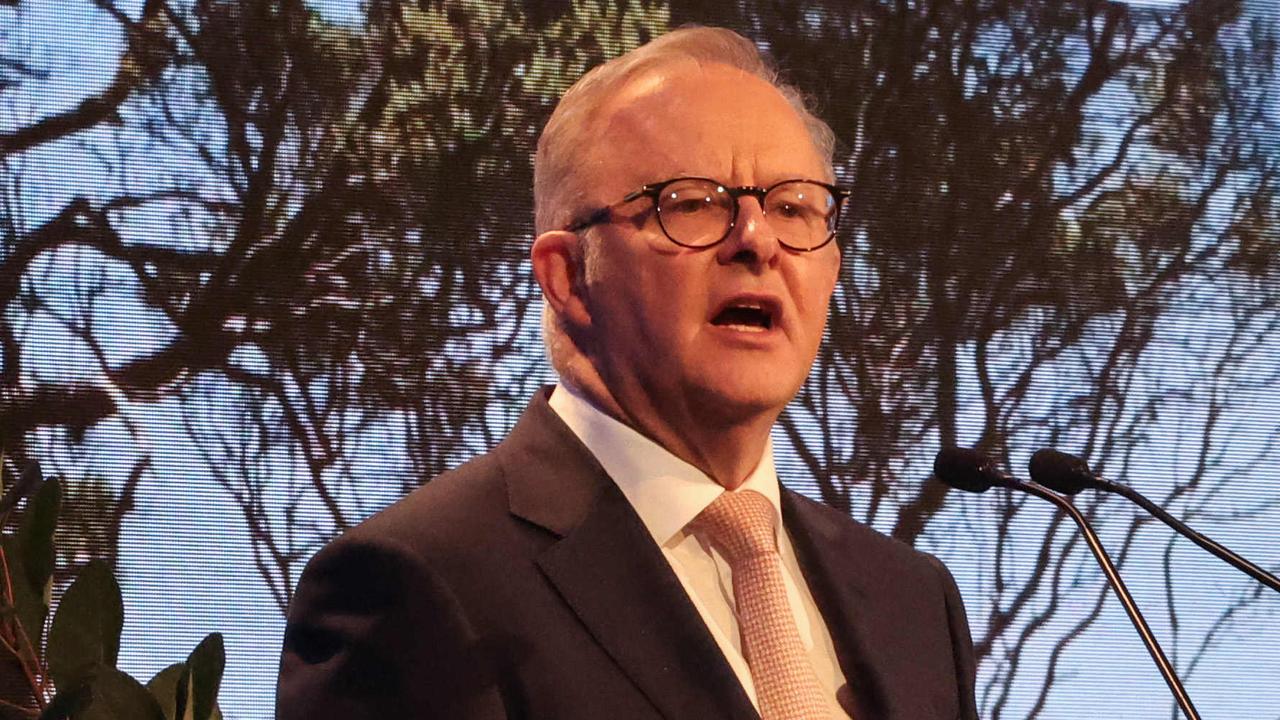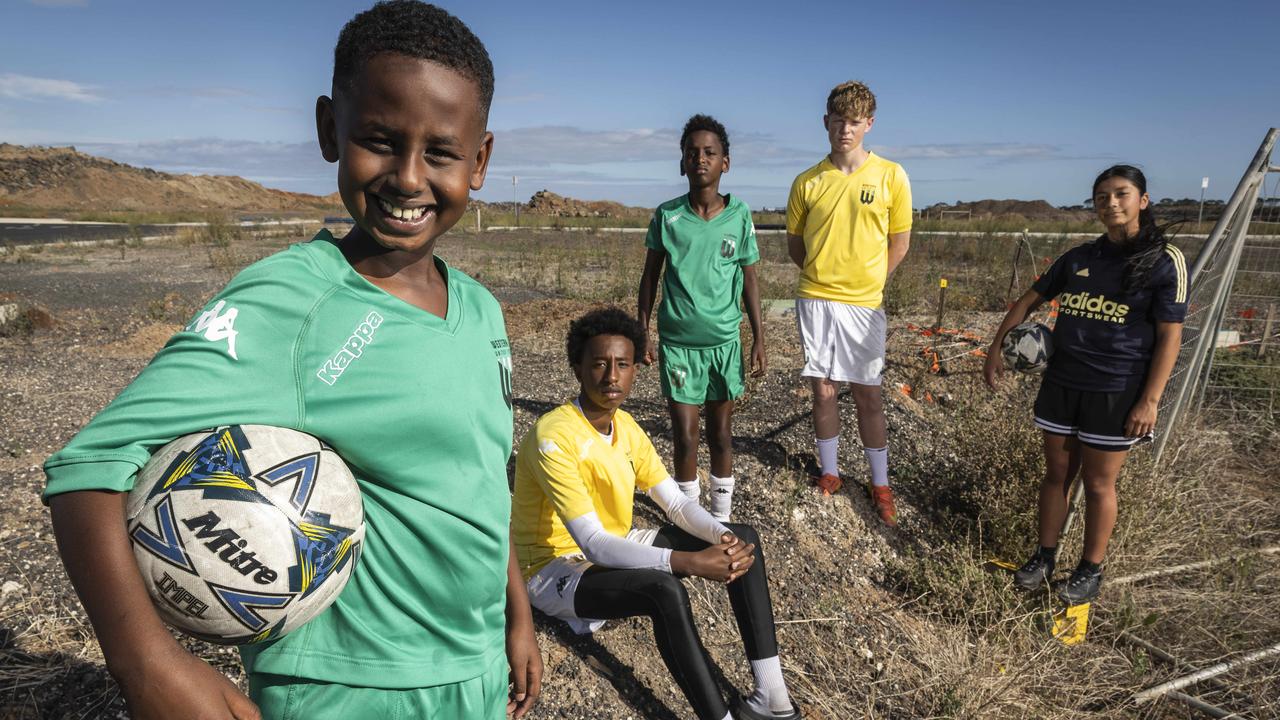Aikenhead Centre for Medical Discovery to bring major investment partners to Victoria
It is an emerging field of health research and Victoria is looming as a leader. Here’s what you need to know about medtech.
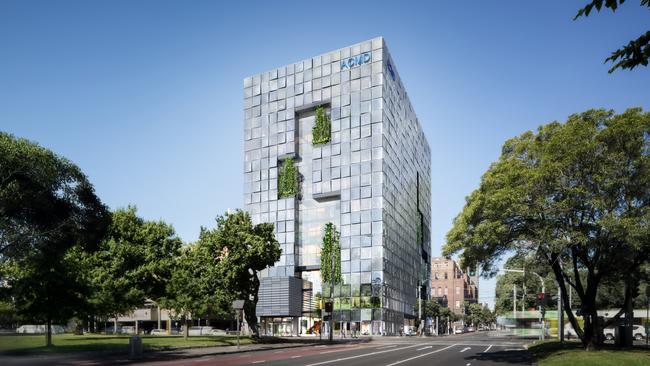
Future Victoria
Don't miss out on the headlines from Future Victoria. Followed categories will be added to My News.
It will be the home of future research leaders: a place where problems are solved through collaboration, discoveries made by a uniquely skilled workforce and partnerships established with business to fast track healthcare solutions to market.
The Aikenhead Centre for Medical Discovery (ACMD) located at St Vincent’s Hospital Melbourne’s campus is set to be a global leader in an emerging field called medical technologies, or medtech.
Embedded in the ACMD will be the Victorian Medtech Skills and Devices Hub that in its first four years of operation will offer around 4000 industry guided education and training places.
Training courses will include manufacturing, commercialisation and regulatory requirements for medtech products and lead to student internships with industry.
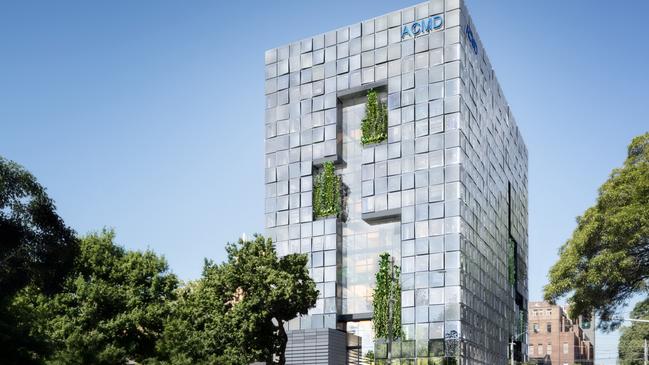
It is anticipated that by its fifth year the Hub will be supporting the creation of up to a dozen investment-ready Victorian start-ups a year.
The hub is, says the CEO of ACMD Dr Erol Harvey, thinking outside the box.
He says it will position Victoria as a global leader in translational research and the use of new technologies including robotic, digital and data engineering to develop life-changing medical breakthroughs.
“The hub is about developing the skills in the workforce which can enable that to happen,” Dr Harvey says. “If you are a young company and you can’t find those skills in the workforce then you have to do it yourself and that increases costs, slows you down and encourages companies to go overseas where those skills exist.”
Supported by the Victorian Government, the Hub is being developed by a consortium led by the University of Melbourne that includes the ACMD, Swinburne University of Technology and RMIT University with courses offered to address gaps in skills, knowledge and working capabilities across the medtech field.
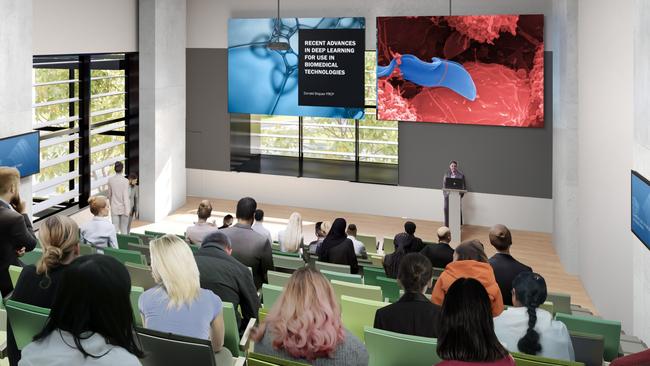
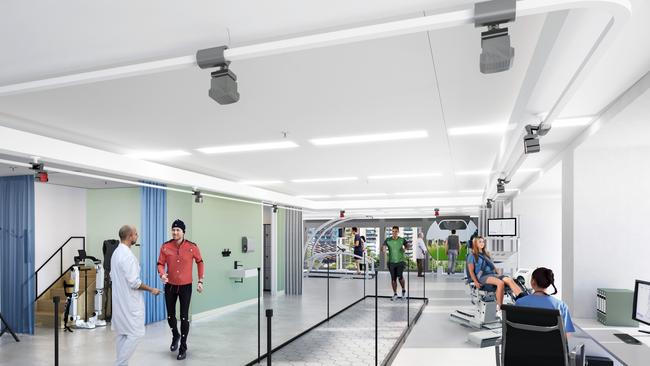
The hub will also train students from vocational to postgraduate level and be available for all stages of a career from school leavers to upskilling or re-skilling experienced workers with versatile short courses or as part of larger credentialed qualifications.
“The training and courses that it will provide perfectly complement and support the research and activities that are being undertaken by the ACMD and our partners,” said Dr Harvey.
He says it will be a powerhouse of future Australian-led research. It will also be Australia’s first hospital-based biomedical education hub attracting students and researchers from across the globe.
Dr Harvey says the ACMD team is already working on new research collaborations so that when they move into the new building in early 2025 they can hit the ground running.
To showcase what will be possible, he said clinicians were asked to give the ACMD “hard problems” to solve.
They settled on four issues so far: reducing falls in hospitals, improving Australia’s abysmal bowel cancer screening rates, helping people with lymphedema and using technology to reduce youth suicide rates in Australia.
“The thing about the solution to any of these is not only do they help Australians, but any company which is part of that will find a global market; you can sell solutions to the world and we are keen to encourage more of those really high-value medtech exports,” Dr Harvey said.
The new education Hub at the ACMD will:
• Provide industry guided training for up to 1000 medtech students a year
• Support the creation of up to 12 investment-ready start-ups a year
• Offer shortcourse training to address skills gaps in the medtech sector
• Boost Victoria’s rapidly growing medtech skilled workforce




